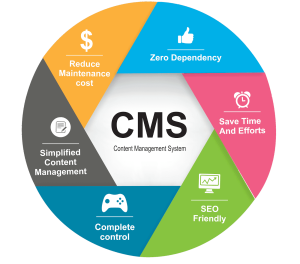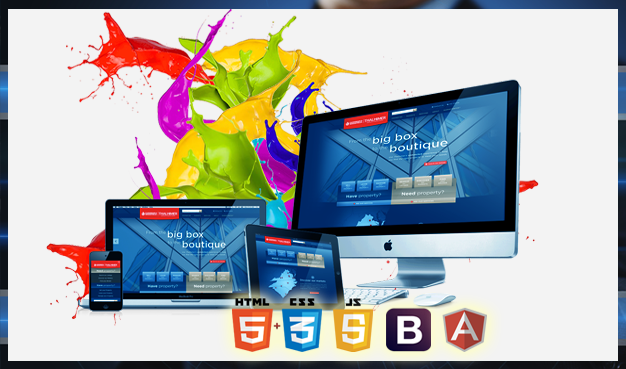- Have any questions?
- (Prasad) +91 96191 46851 | (Parag) +91 99878 20022
- support@pnpwebdesign.com
Unveiling the Power of CMS Web Pages: Everything You Need to Know

Unveiling the Role of CMS in Website Development
February 8, 2024
Unveiling the Power of WP Engine: A Comprehensive Review
February 9, 2024Unveiling the Power of CMS Web Pages: Everything You Need to Know

In the realm of website development, Content Management Systems (CMS) have emerged as indispensable tools for creating, editing, and managing digital content. In this comprehensive guide, we’ll delve into the world of CMS web page, exploring their definition, features, benefits, and why they are essential for businesses and individuals alike.
-
Understanding CMS Web Pages:
A CMS web page refers to a dynamic digital platform that allows users to create, edit, and publish content on the internet without the need for extensive coding or technical expertise. Unlike traditional static web pages, which require manual HTML coding for updates. CMS web pages utilize intuitive interfaces and pre-designed templates to streamline the content creation process, making it accessible to users of all skill levels.
-
Key Features of CMS Web Pages:

CMS web pages offer a host of features designed to simplify content management and enhance user experience. These features include a user-friendly dashboard, customizable templates, WYSIWYG (What You See Is What You Get) editors, media management tools, SEO optimization capabilities, and user permission controls. With these features, users can effortlessly create and maintain dynamic and engaging web pages.
-
Benefits of CMS Web Pages:
The adoption of CMS web pages brings numerous benefits for businesses, bloggers, and individuals seeking to establish an online presence. Some of the key benefits include time savings, cost-effectiveness, scalability, flexibility, improved SEO performance, and enhanced collaboration capabilities. Additionally, CMS web pages empower users to maintain full control over their content and make real-time updates, thereby increasing efficiency and productivity.
-
Popular CMS Platforms for Web Pages:
Several CMS platforms have gained prominence in the industry, each offering unique features and functionalities tailored to different user needs. WordPress, Joomla, Drupal, and Wix are among the most popular CMS platforms for creating web pages. With WordPress being the most widely used due to its user-friendly interface and extensive plugin ecosystem. Users can choose the platform that best suits their requirements and objectives.
-
Developing CMS Web Pages:



Creating CMS web pages involves a series of steps, including selecting a suitable CMS platform. Choosing a domain name and hosting provider, installing the CMS software. Selecting a theme or template, customizing the design and layout, adding content and media, and optimizing the pages for search engines. While the process may seem daunting at first. CMS platforms offer comprehensive documentation and support resources to assist users at every stage.
-
Future Trends in CMS Web Pages:
As technology continues to evolve, the future of CMS web pages holds exciting possibilities. Emerging trends such as headless CMS, AI-driven content personalization, mobile-first design, and voice search optimization are poised to shape the future of web development and content management. By staying abreast of these trends and embracing innovative technologies. Businesses can stay ahead of the curve and deliver exceptional digital experiences to their audiences.
CMS web page Conclusion:
In conclusion, CMS web pages have revolutionized the way content is created, managed, and delivered on the internet. With their intuitive interfaces, robust features, and scalability, CMS web pages empower users to build dynamic and engaging online experiences that drive results. So whether you’re a business owner, blogger, or individual seeking to establish a digital presence. Harness the power of CMS web pages to unlock your online potential and achieve your goals!





